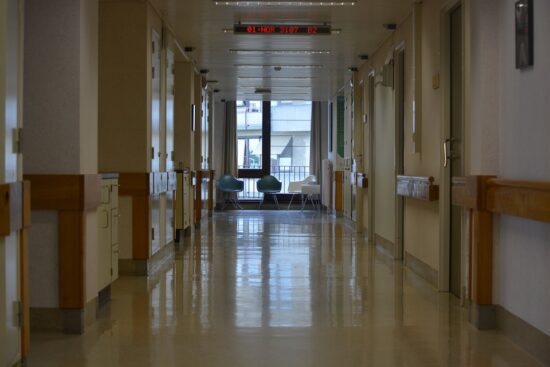The next decade in AMR: getting the basics right
World Antimicrobial Resistance (AMR) Awareness Week 2025 marks a decade of global advocacy led by WHO to combat AMR. Despite greater awareness and adoption of the One Health approach, progress has been slow. Recent WHO reports highlight critical gaps in the development of new antibacterial agents and diagnostics, urging a shift toward sustained innovation.
Innovations such as bacteriophages, probiotic cleaners, rapid diagnostics, AI-assisted drug discovery, and vaccines show promise, but experts warn that true progress also depends on strengthening foundational systems—especially microbiology capacity, infection prevention, and surveillance in low- and middle-income countries.
Global data collection through the GLASS initiative has expanded from 25 to 104 countries since 2016, yet nearly half still lack reliable systems for long-term monitoring. The closure of the UK’s Fleming Fund has further weakened global AMR surveillance efforts. Domestically, the UK’s 2025 audit revealed minimal progress on AMR targets, poor transparency, and inconsistent leadership.
Looking forward, the next decade must focus on sustained political commitment, transparent governance, and strategic investment in core health infrastructure. Without these foundations, technological innovations alone will not be enough to curb AMR. True success will depend on coupling innovation with accountability, funding stability, and global coordination.
AMR NEWS
Your Biweekly Source for Global AMR Insights!
Stay informed with the essential newsletter that brings together all the latest One Health news on antimicrobial resistance. Delivered straight to your inbox every two weeks, AMR NEWS provides a curated selection of international insights, key publications, and the latest updates in the fight against AMR.
Don’t miss out on staying ahead in the global AMR movement—subscribe now!






